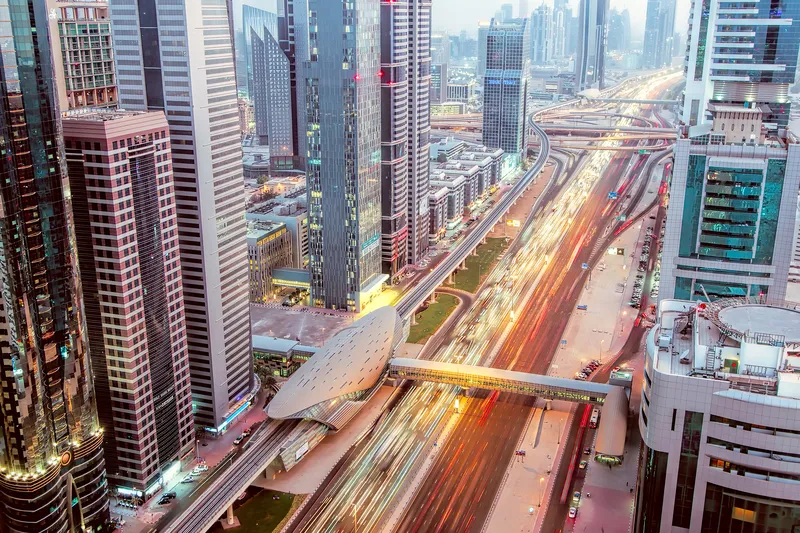The Rockefeller Foundation has announced a US$1.2 million, four-city project to support local efforts to build bus rapid transit (BRT) systems in Boston, Chicago, Nashville and Pittsburgh. In each city, the grant will support research, communications and community outreach efforts to engage and educate local stakeholders on the benefits of BRT. As part of its effort to transform cities, the Rockefeller Foundation's transportation work aims to encourage economic growth and improve quality of life by helping
April 11, 2013
Read time: 2 mins
The Rockefeller Foundation has announced a US$1.2 million, four-city project to support local efforts to build bus rapid transit (BRT) systems in Boston, Chicago, Nashville and Pittsburgh. In each city, the grant will support research, communications and community outreach efforts to engage and educate local stakeholders on the benefits of BRT.
As part of its effort to transform cities, the Rockefeller Foundation's transportation work aims to encourage economic growth and improve quality of life by helping communities to make better investments in modern, efficient and effective mass transit solutions – specifically, BRT. The Rockefeller Foundation has provided over $6 million to support efforts to expand BRT for the past three years.
"The Rockefeller Foundation is pleased to be working with Boston, Chicago, Nashville and Pittsburgh in their efforts to enhance public transportation options," says Nick Turner, managing director of the Rockefeller Foundation. "As America's cities continue to grow, leaders understand that public transportation is critical to encouraging economic development and to making their communities more liveable and attractive. It is what their citizens want, and high-quality BRT delivers. We are thrilled to see it gaining momentum in cities across the US."
"The transportation choices made by American cities over the next few years will shape the way our urban communities, economies and environments develop for decades to come," says Benjamin de la Pena, Associate Director of the Rockefeller Foundation. "Bus Rapid Transit systems that are built to a high standard can make a real difference by providing better access to jobs and services, decreasing the amount of time and money people spend on getting around, reducing congestion and air pollution and increasing quality of life for local residents."
As part of its effort to transform cities, the Rockefeller Foundation's transportation work aims to encourage economic growth and improve quality of life by helping communities to make better investments in modern, efficient and effective mass transit solutions – specifically, BRT. The Rockefeller Foundation has provided over $6 million to support efforts to expand BRT for the past three years.
"The Rockefeller Foundation is pleased to be working with Boston, Chicago, Nashville and Pittsburgh in their efforts to enhance public transportation options," says Nick Turner, managing director of the Rockefeller Foundation. "As America's cities continue to grow, leaders understand that public transportation is critical to encouraging economic development and to making their communities more liveable and attractive. It is what their citizens want, and high-quality BRT delivers. We are thrilled to see it gaining momentum in cities across the US."
"The transportation choices made by American cities over the next few years will shape the way our urban communities, economies and environments develop for decades to come," says Benjamin de la Pena, Associate Director of the Rockefeller Foundation. "Bus Rapid Transit systems that are built to a high standard can make a real difference by providing better access to jobs and services, decreasing the amount of time and money people spend on getting around, reducing congestion and air pollution and increasing quality of life for local residents."









